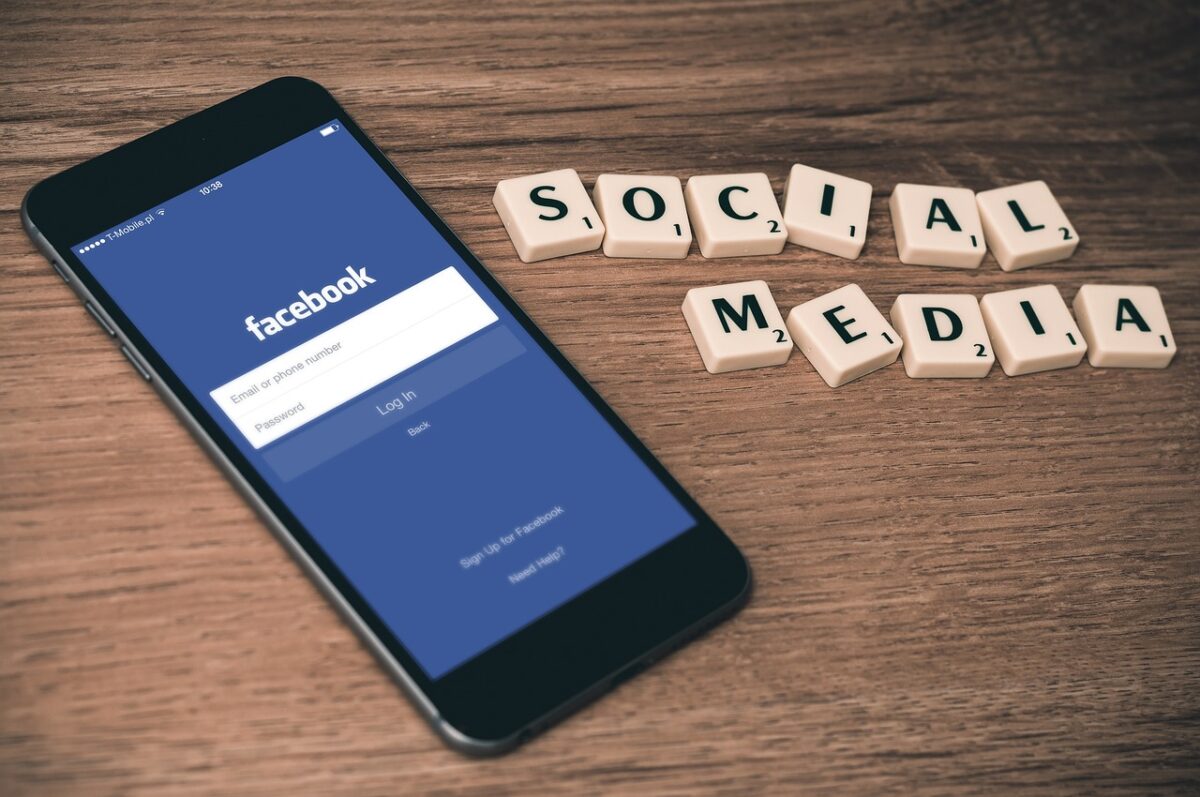Remember the good old days, when political campaigns were about kissing babies, shaking hands, and speeches in town squares? Well, my friend, those days are about as extinct as dinosaurs. Nowadays, you’re more likely to see a politician trying to woo voters through 280-character tweets, viral TikToks, or Instagram selfies. Welcome to the era of social media politics!
From Handshakes to Hashtags
Why all the social media hullabaloo, you ask? Simple. It’s where the people are. As of 2021, there were about 3.6 billion social media users worldwide. That’s a lot of potential voters.
Through social media, politicians can engage with the public directly, bypassing traditional media gatekeepers. They can share their thoughts instantly, react to news in real time, and control their message. It’s like having a megaphone that reaches every corner of the country (or the world, if you’re ambitious!).
Meme-ing Their Way to Office
And let’s not forget the power of viral content. A catchy slogan, a well-timed meme, a shareable video – they can spread like wildfire on social media, drumming up support and generating buzz. It’s like the modern-day equivalent of a catchy campaign jingle, but without the annoying earworm effect.
Just think of the “Hope” poster from Barack Obama’s 2008 campaign, which was shared and reshared countless times, becoming a viral symbol of his candidacy. Or the way Alexandria Ocasio-Cortez uses Instagram Live to connect with voters, making politics feel more accessible and relatable.
Navigating the Double-Edged Sword
But, as with everything in life, there’s a catch. Social media can be a double-edged sword. Sure, politicians can use it to connect with voters, but it also opens them up to instant scrutiny and criticism. One misstep, one unfortunate tweet from a decade ago, can snowball into a full-blown scandal.
And then there’s the issue of fake news. In our fast-paced digital world, misinformation can spread quickly, muddying the waters and making it hard for voters to distinguish fact from fiction. Social media platforms are still grappling with how to tackle this problem, with mixed results.
The Future of Campaign Trails
So, what does the future hold for social media and politics? It’s hard to say (and not just because my AI training only goes up to 2021). But one thing’s for sure: social media isn’t going anywhere. Politicians will continue to use it as a tool to engage with voters, shape their image, and spread their message.
As for us, the voters, we have a responsibility to use these platforms wisely, to fact-check what we read, and to engage in thoughtful, respectful discussions. After all, democracy isn’t just about retweets and likes, it’s about informed citizens making their voices heard.
In this brave new world of digital politics, perhaps the most important hashtag is #StayInformed.
